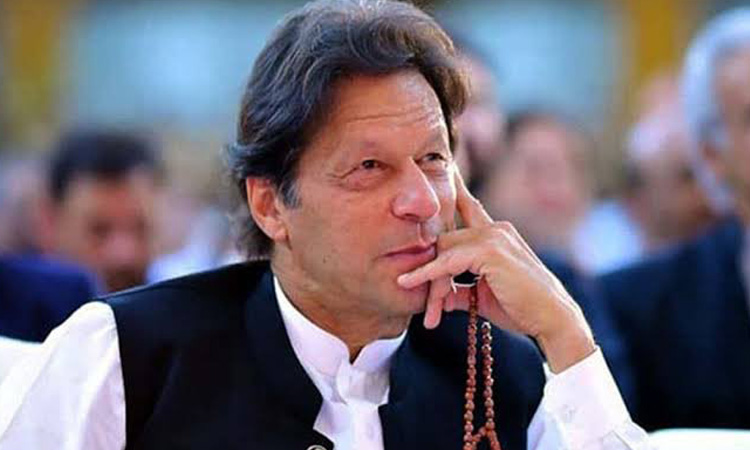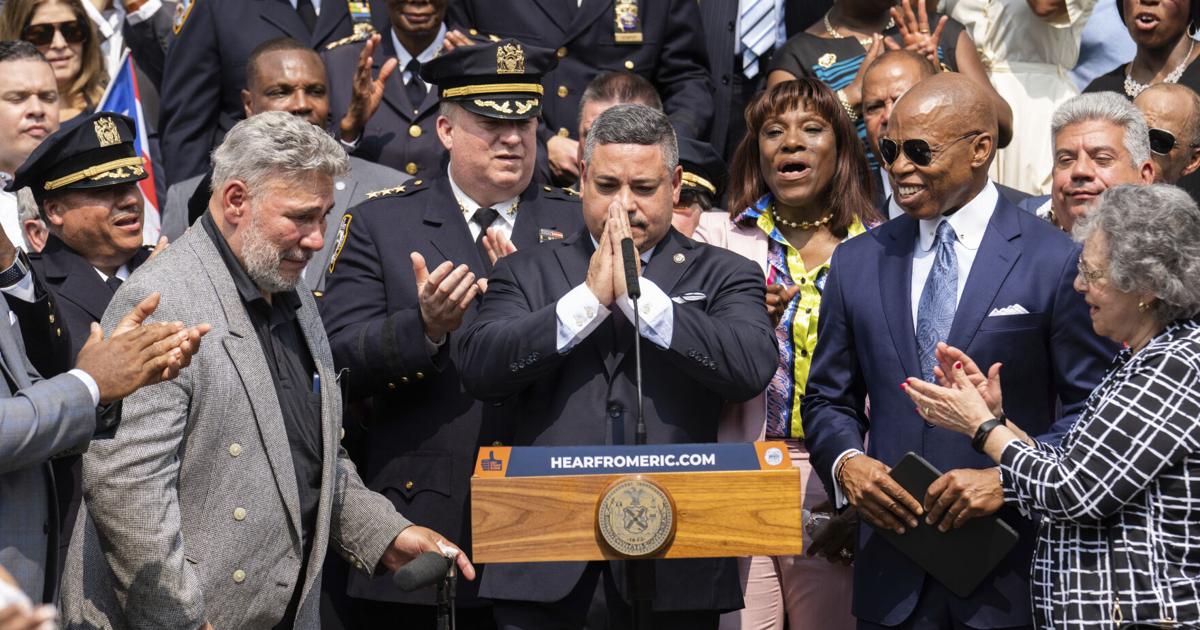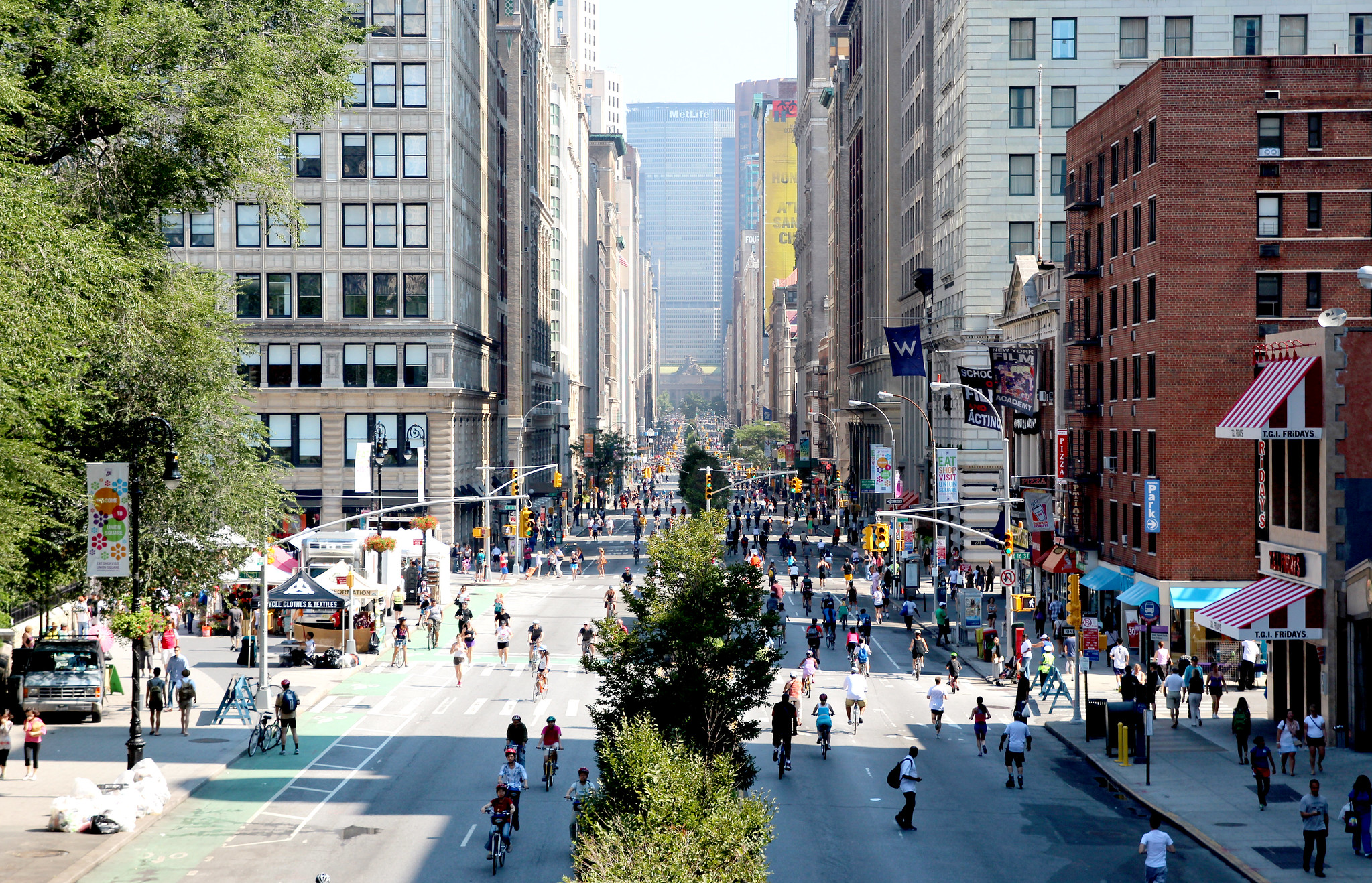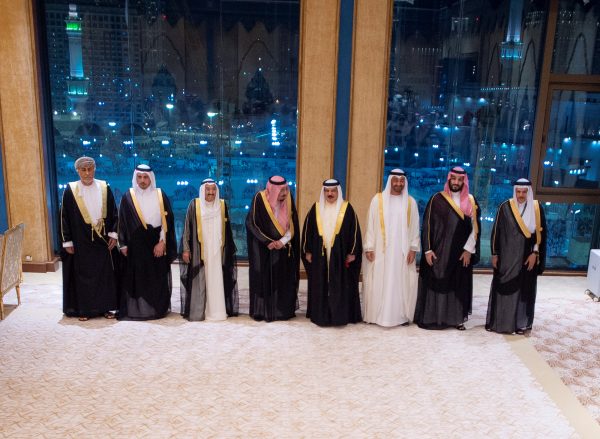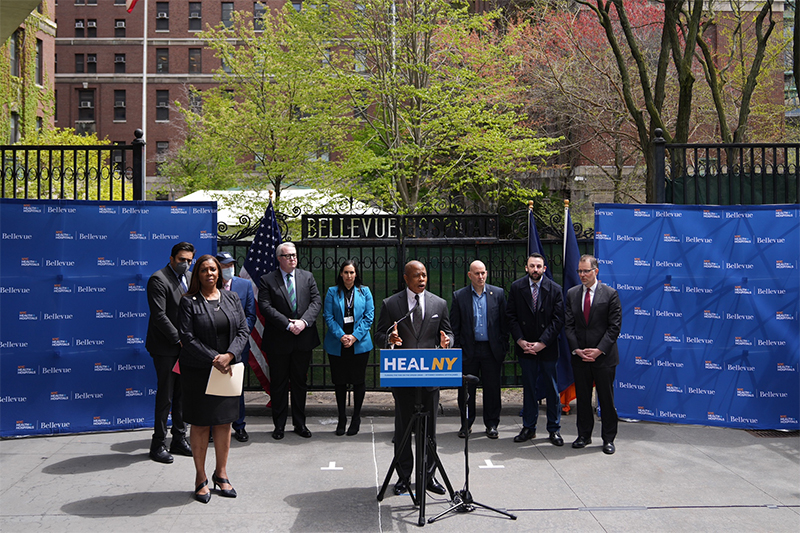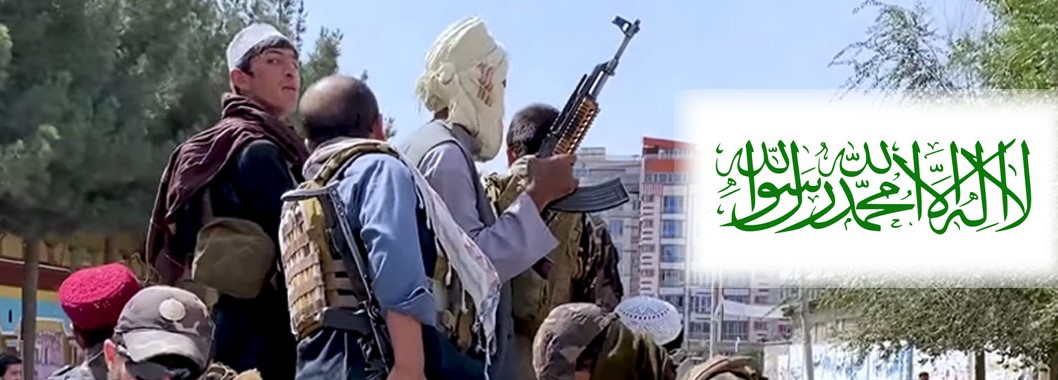This policy change is more ideological than educational as it has an overdose of religion that leads to fear of indoctrination of children at a young stage
Zainab Akhter
After assuming power in August 2018, Prime Minister Imran Khan and his party Pakistan Tehreek-e-Insaf (PTI) promised to usher in a ‘Naya Pakistan’, one which would be corruption-free and care for the common people. Most importantly, he promised to transform Pakistan into Riyasat-e-Medina (State of Medina), based on the model of governance adopted by Prophet Muhammad during his years of migration to Medina.
Additionally, his government also talked about implementing a Single National Curriculum (SNC) to recast the education system in Pakistan and make sure that private, public schools and madrasas follow a uniform curriculum. Known in Urdu as Yuksaan Taleemi Nizam, it means the same education system for all students irrespective of their economic and social background. The SNC was conceived as ‘One System of Education for All’, which intended to introduce a uniform system “in terms of curriculum, medium of instruction and a common platform of assessment so that all children have a fair and equal opportunity to receive high quality education”.
According to the Pakistan Education Ministry, multiple comparative studies with the educational curricula of Singapore, Malaysia, Indonesia and the United Kingdom (UK) were conducted to align the SNC with international standards.
According to the Pakistan Education Ministry, the SNC is driven by some key considerations but the teachings of Qur’an and Sunnah tops them all, others being introduction to the Constitution of Pakistan, and the vision of Muhammad Ali Jinnah and Muhammad Iqbal. The SNC will be adopted and developed in three phases. In the first phase, which started from March 2021, the government is making it mandatory for students from class one to five to be acquainted with deeniyat (religious books on Islam).
The PTI Government is of the view that since every educational institution runs its own curriculum, implementation of a single curriculum is the only way to enforce it in private schools. Madrasas may also be forced to adopt it. Analysts in Pakistan are of the view that religious seminaries should be brought under this umbrella only after taking their stakeholders into confidence (read the religious groups/leaders). If a uniform curriculum is imposed on madrasas forcefully, it may do more harm than good. According to Pervez Hoodbhoy, “Normal schoolteachers being under-equipped religiously, SNC calls for summoning an army of madressah-educated holy men – hafiz’s and qaris – as paid teachers inside schools. How this will affect the general ambiance and the safety of students is an open question.” It has also been observed that “The backdoor entry of seminary teachers into mainstream educational institutions may be the dream of some people but it will be a nightmare for the country. It is something that even Zia did not do. It is poison.”
For the critics of SNC, this policy change is more ideological than educational. They would argue that it has an overdose of religion that leads to fear of indoctrination of children at a young stage.
As pointed out by Nadeem Paracha, Pervez Musharraf tried to introduce non-religious subjects in madrasas after 9/11 as “they were seen as hotbeds of religious radicalisation.” However, he added, “Not only did the move fail, this ploy also failed to take into account the possibility of radicalisation emerging in private and public schools because of a curriculum heavily influenced by retrogressive ideological biases and distortions.”
The SNC introduced by the Imran Khan Government is a continuation of the same ploy, Nadeem Paracha further argues, but it is now going the other way: “The overwhelming addition of new religious studies in it suggests that, to make the madressahs agree to accept the teaching of non-religious subjects, the government has decided to bring the madressahs to public and private schools. This is akin to the state’s recent attempt at mainstreaming radical outfits by encouraging them to take part in electoral politics. It is a ploy that most experts would agree is not working.”
In this grand vision of the government for a unified educational system for all, the children of minority communities do not seem to have any space. In the first phase of the newly introduced SNC, Holy Quran in Arabic and Islamic Studies are being made mandatory.
Zainab Akhter is Research Analyst – Pak Digest at Manohar Parrikar Manohar Parrikar Institute for Defence Studies and Analyses, New Delhi.
Views expressed are of the author and do not necessarily reflect the views of the Manohar Parrikar IDSA or of the Government of IndiaThis is the abridged version of the article which appeared first in the Comment section of the website (www.idsa.in) of Manohar Parrikar Institute for Defense Studies and Analyses, New Delhi on June 1, 2021
















